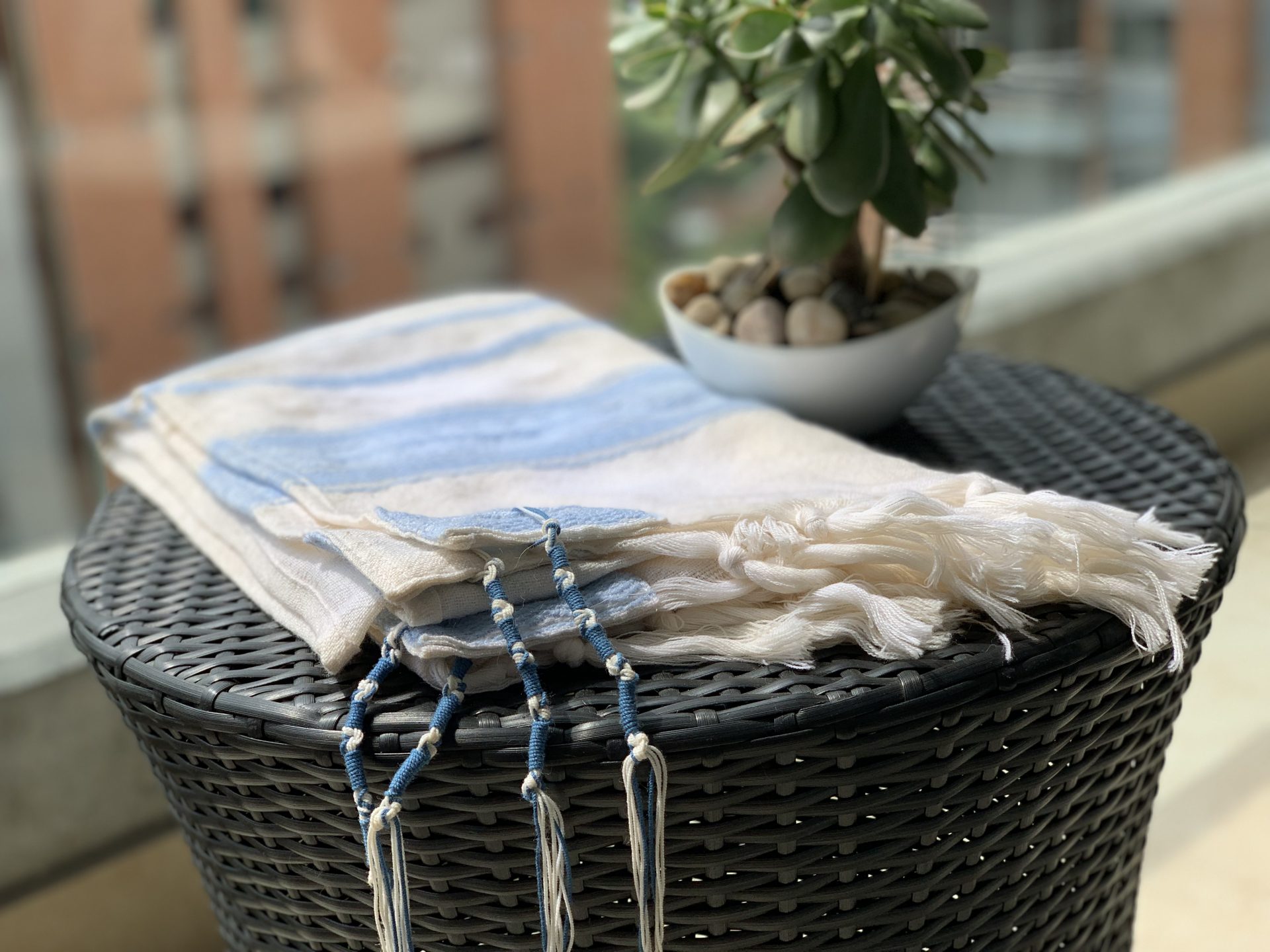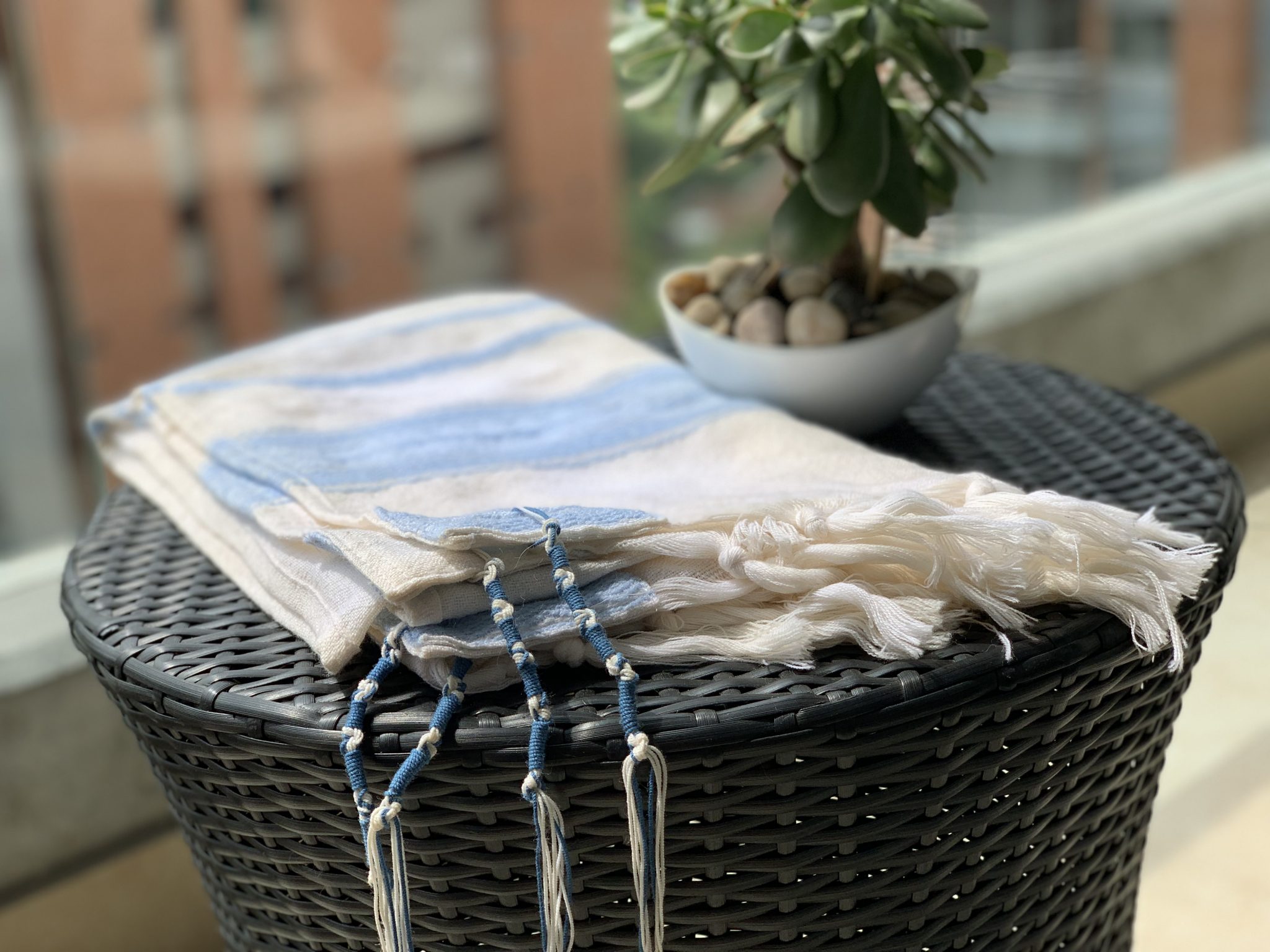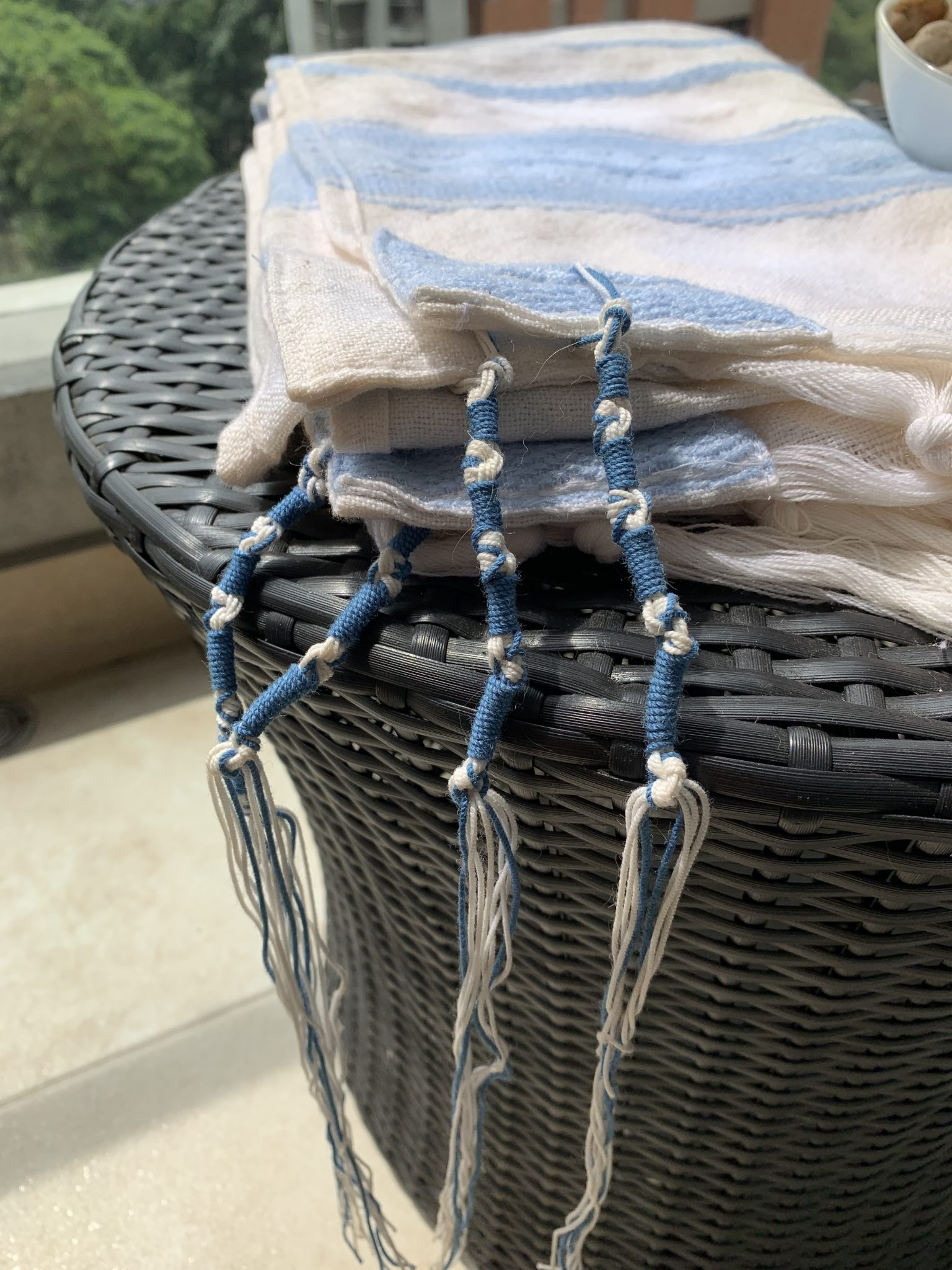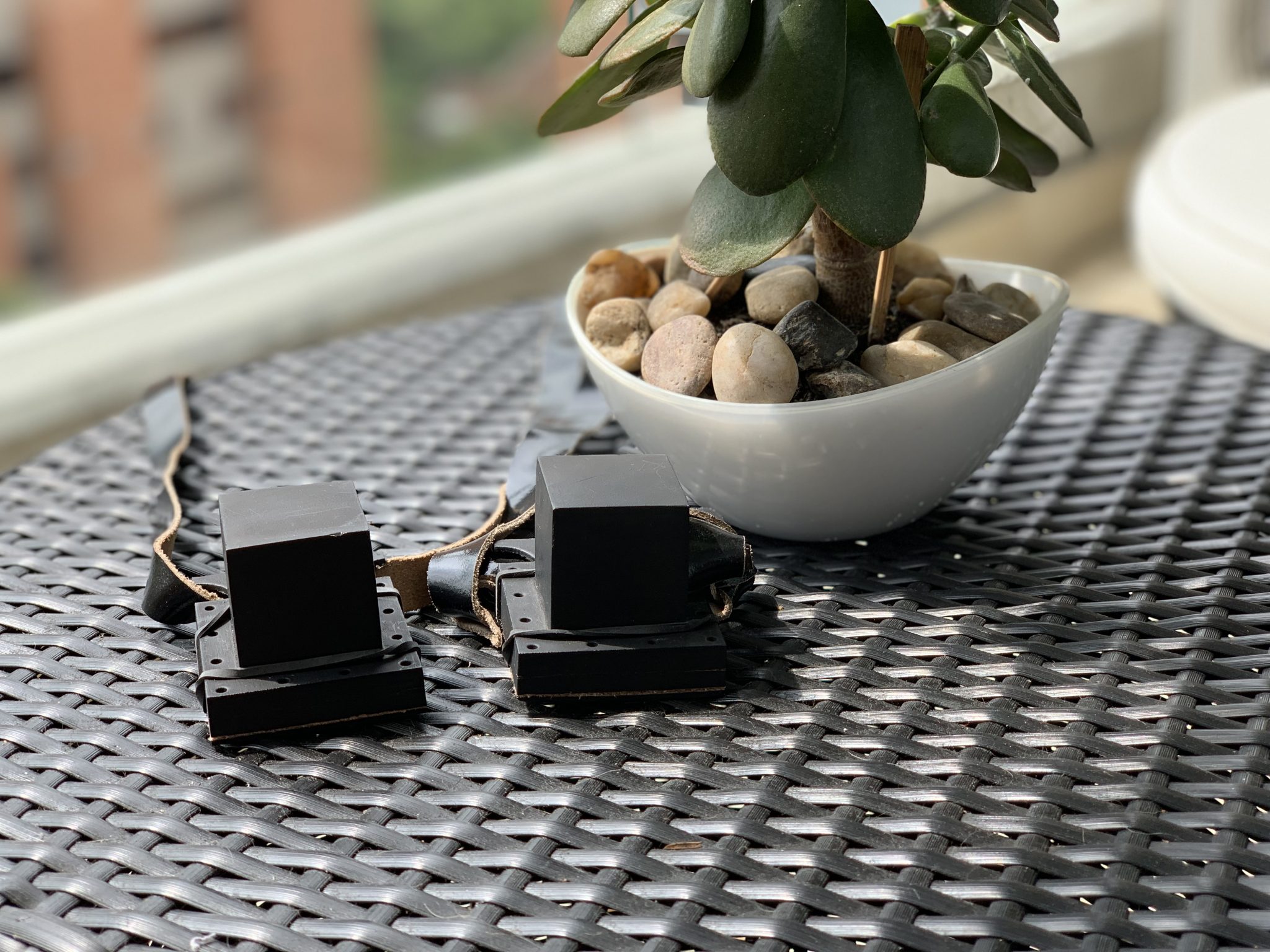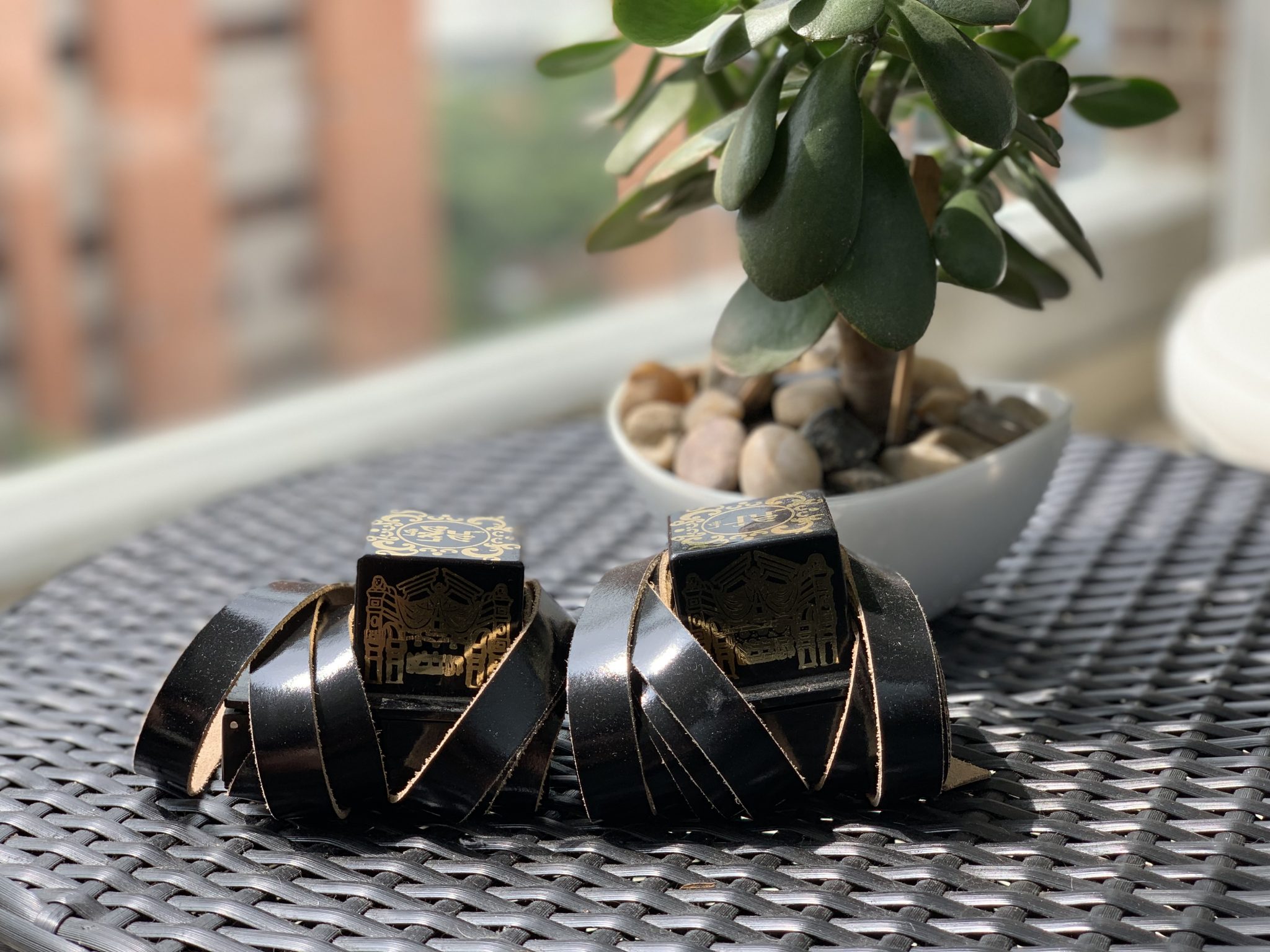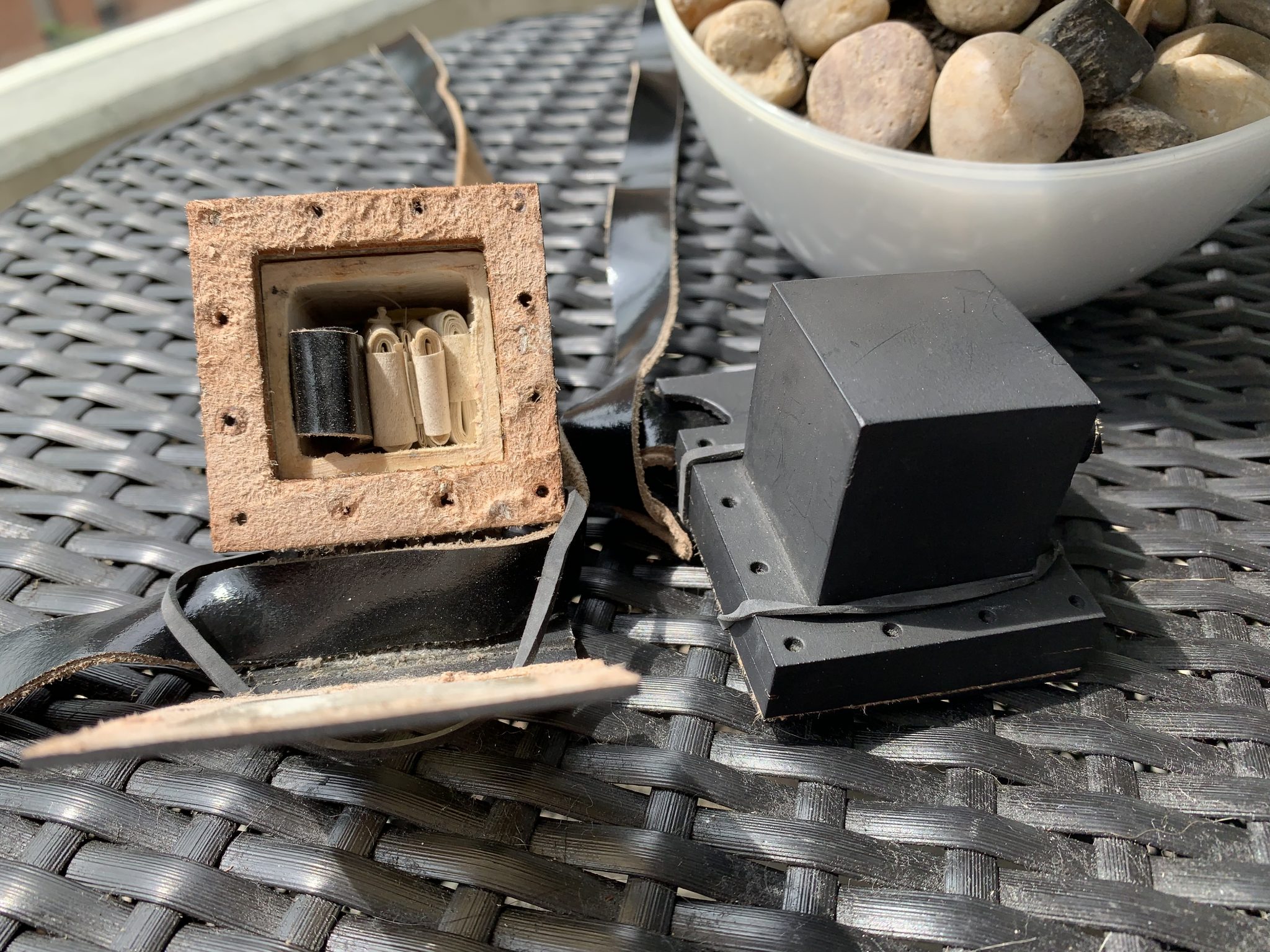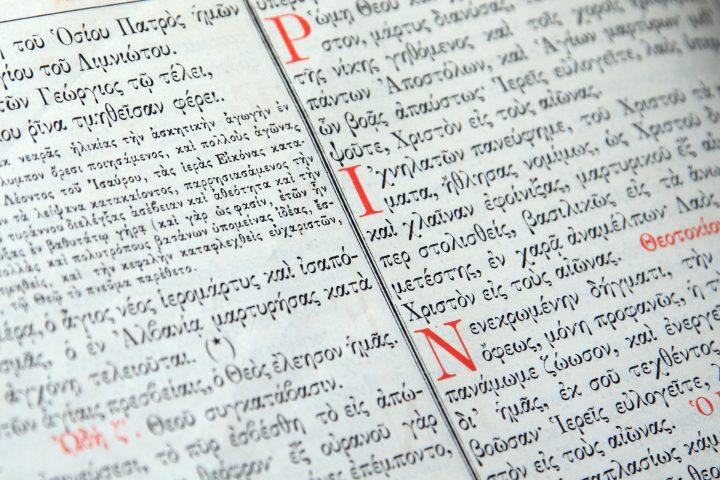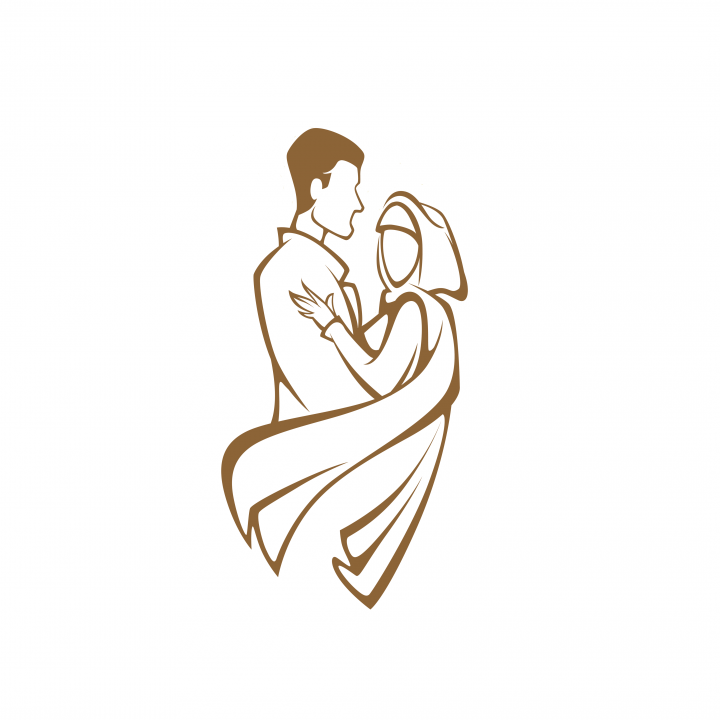The Torah commands that the people of God wear a garment of four corners with fringes,
Speak to the sons of Israel and say to them: ‘Throughout the generations to come you are to make fringes on the corners of your garments, with a blue cord on each tassel. You will have these fringes to look at and so you will remember all the commands of the Master, that you may obey them and not prostitute yourselves by chasing after the lusts of your own hearts and eyes. Then you will remember to obey all my commands and will be set-apart to your God.
Numbers 15:38-40
You shall make yourself tassels on the four corners of the garment with which you cover yourself.
Deuteronomy 22:12
And even though the context of this command was given to “the sons of Israel”, this command is for both men and women, for remembering the commands of God pertains to both men and women, hence “you will have these fringes to look at and so you will remember all the commands of the Master”, which relates to these other commands that were also given to “the sons of Israel”, yet in likewise manner pertains to both men and women,
Speak to the sons of Israel and say to them, I am the Master your God. You shall not do as they do in the land of Egypt, where you lived, and you shall not do as they do in the land of Canaan, to which I am bringing you. You shall not walk in their statutes. You shall follow my judgments and keep my statutes and walk in them. I am the Master your God. You shall therefore keep my statutes and my judgments; if a person does them, he shall live by them: I am the Master. None of you shall approach any one of his close relatives to uncover nakedness. I am the Master.
Leviticus 18:1-6
And the command to wear a garment with four corners and fringes can be fulfilled with a tallit, which is a square or rectangular garment, with fringes on each of the four corners, which are also called tzitzit, with a blue cord on each tzitzit,
And these were the fringes that the Pharisees wore, who made them long to be perceived as more righteous, while also making their phylacteries wide, which is another command of the Torah, that the people of God must bind the words of God on the forehead and on the hand, which is fulfilled with phylacteries, or also called tefillin, which are boxes with parchments inside of them that have the words of God written on them,
Everything they do is done for people to see: They make their phylacteries wide and the fringes long
Matthew 23:5
And these words that I command you today shall be on your heart… Bind them to your hands as a sign and wear them amidst your eyes as phylacteries.
Deuteronomy 6:6-8
You shall therefore lay up these words of mine in your heart and in your soul, and you shall bind them as a sign on your hand, and they shall be as phylacteries amidst your eyes.
Deuteronomy 11:18
So it shall serve as a sign on your hand and as phylacteries amidst your eyes, for with a powerful hand the Master brought us out of Egypt.
Exodus 13:16
And it shall serve as a sign to you on your hand, and as a memorial amidst your eyes, that the Torah of the Master may be in your mouth; for with a powerful hand the Master brought you out of Egypt.
Exodus 13:9
And the Messiah also wore the fringes that the Torah commanded that the people of God must wear,
And behold, a woman who had suffered from a discharge of blood for twelve years came up behind him and touched the fringe of his garment,
Matthew 9:20
And wherever he came, in villages, cities, or countryside, they laid the sick in the marketplaces and implored him that they might touch even the fringe of his garment. And as many as touched it were made well.
Mark 6:56
And if a man or a woman is not able to purchase a tallit with tzitzit, then he or she can make his or her own tallit and tzitzit, by purchasing a fabric of only one type of material, preferably wool or linen, and cutting it to drape it over the shoulders with its length reaching the middle of the lower arm and its width reaching the middle of the back, and purchasing threads of the same material, white and one blue thread, and twisting them together to make fringes, which can then be tied to each corner of the tallit, in which case, because the Torah of God has not been abolished,
Do not think that I have come to abolish the Torah…
Matthew 5:17
It is easier for heaven and earth to disappear than for the least stroke of a pen to drop out of the Torah.
Luke 16:17
For truly I tell you, until heaven and earth disappear, not the smallest letter, not the least stroke of a pen, will by any means disappear from the Torah until everything is fulfilled.
Matthew 5:18
Is the reason why this lesser command of the Torah must still be fulfilled today, which is not a “shadow” command that is fulfilled differently under the new covenant, such as the commands of the Torah related to food or the Shabbath,
Therefore anyone who sets aside one of the least of these commands and teaches others accordingly will be called least in the kingdom of heaven, but whoever practices and teaches these commands will be called great in the kingdom of heaven.
Matthew 5:19
Therefore let no one pass judgment on you in questions of food, drink, feast, new moon, or Shabbath. These are a shadow of the things to come, the reality, however, is found in the Messiah.
Colossians 2:16-17
Which was a command given to the people of God not because placing the words of God on the forehead or hand is intrinsically good nor intrinsically evil, such as the command of “you shall not murder”, which was given because murder is evil, but because this command sets apart the people of God from all other ordinary people on earth, along with various other commands of the Torah that were also given for the reason of set-apartness,
You shall be set-apart to me, for I the Master am set-apart and have separated you from the peoples, that you should be mine.
Leviticus 20:26
For you are a set-apart people to the Master your God. the Master your God has chosen you to be a people for Himself, a treasured possession above all the peoples on the face of the earth.
Deuteronomy 7:6
And you shall set yourselves apart, and shall be set-apart, for I am the Master your God
Leviticus 20:7
and you shall guard my Torot and do them. I am the Master, who sets you apart.
Leviticus 20:8
the Master does establish you as a set-apart people to himself, as he has sworn to you, if you guard the commands of the Master your God and walk in his ways.
Deuteronomy 28:9
Then you will remember and obey all my commands, and you will be set-apart to your God.
Numbers 15:40
so as to make a distinction between the set-apart and the ordinary, and between the unclean and the clean,
Leviticus 10:10
And the priest answered David and said, “There is no ordinary bread on hand, but there is set-apart bread, provided the young men have kept themselves from women.”
1 Samuel 21:4
Which also serves as a visible sign that a man or woman is a true believer that obeys the Torah, and a place in Israel where a tallit and tzitzit can be ordered from is from Gabrieli Hand Weaving.
